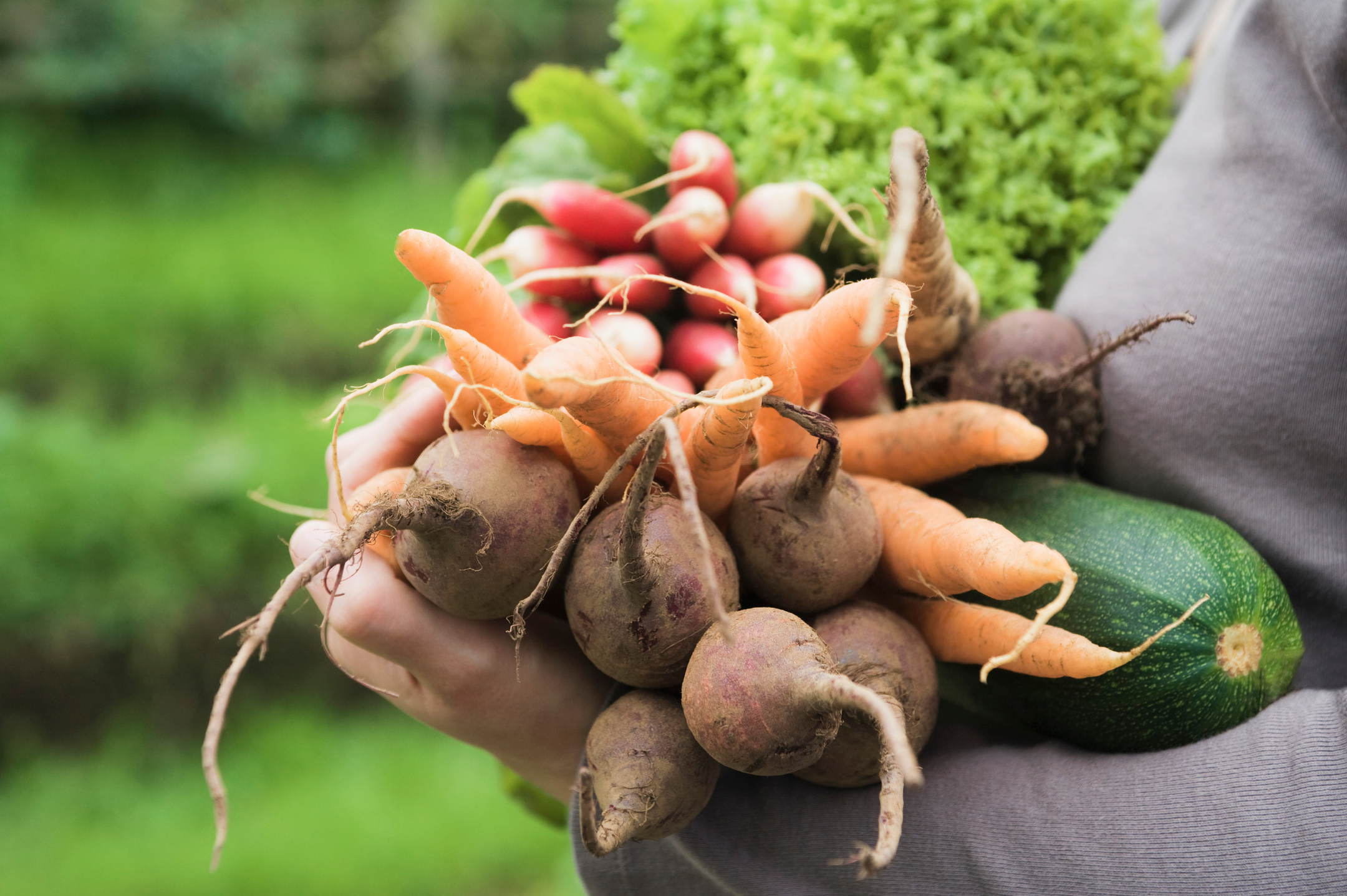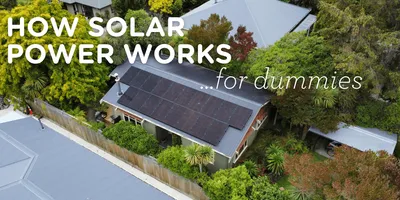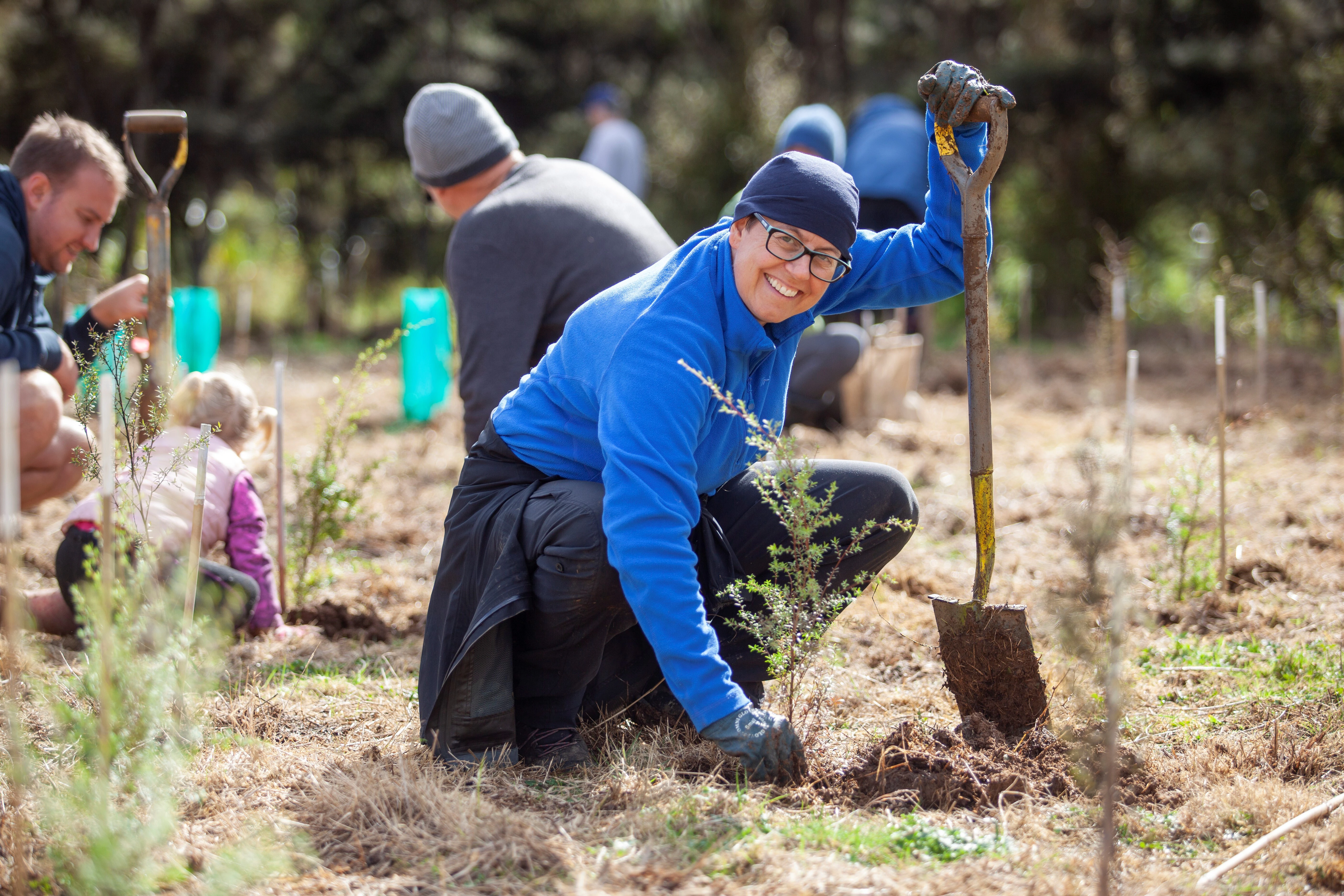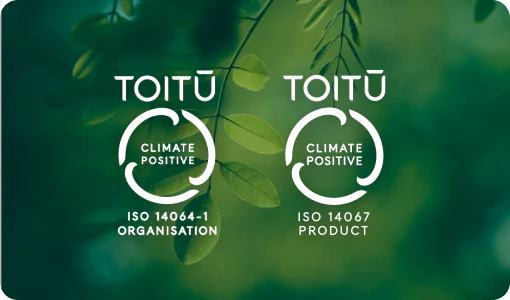Grow your own sustainable Winter Garden
03/07/2022
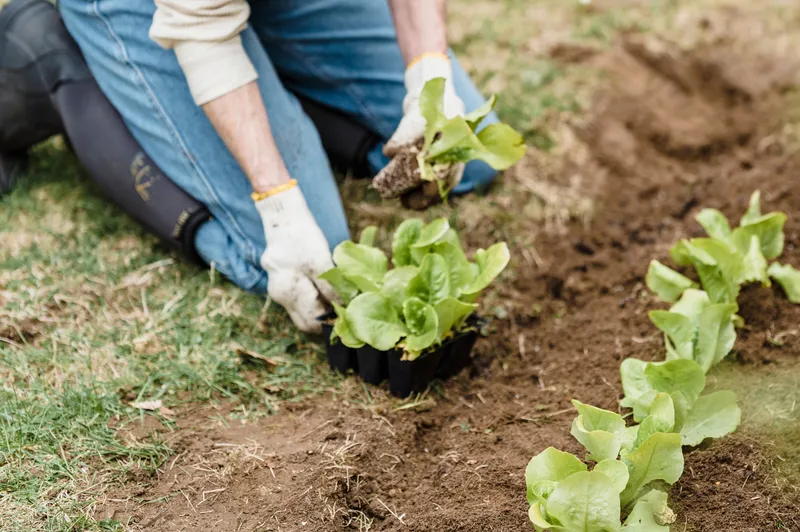
Growing your own food is a great way to reduce your supermarket bills while also decreasing your carbon footprint and general packaging waste. Plus, nothing beats the satisfaction of serving a meal with ingredients that you grabbed from your garden!
While spring is traditionally a gardener’s favourite season, winter can also provide bumper harvests and is the perfect time to get your garden ready for warmer months.
Historically, Matariki was closely tied to planting, harvesting and hunting. The appearance of the Matariki star cluster signalled a time to plan and plant your garden, while the disappearance of the cluster in Autumn was a signal for food crops to be harvested and stored. If the stars appeared clear and bright, it signified an abundant season ahead!
See our handy tips below to help you grow your own sustainable Winter Garden.
Winter planting tips
It is a great time to plant delicious winter vegetables. Our tips for veggie success:
- Beetroot, bok choy, cauliflower, broccoli, cabbage, carrots, kale, onions, peas, silverbeat, garlic, mesclun, and rhubarb can all be planted now.
- Plant established seedlings instead of seeds.
- Hardy herbs such as thyme, rosemary and bay tree can also be planted in winter.
- Leafy greens can be harvested as they grow. Simply snip and eat. Just be sure to leave enough of the established plant.
July is also the perfect time to plant deciduous fruit trees while the plants are still dormant.
- Choose from Apple, Peach, Plum, Pear, lemon, lime, mandarin or orange trees.
- Planting in winter helps the trees to establish in their new environment before the Spring growing season.
- Plant in full sun and sheltered from strong prevailing winds.
- Garden centres will have the best selection now.
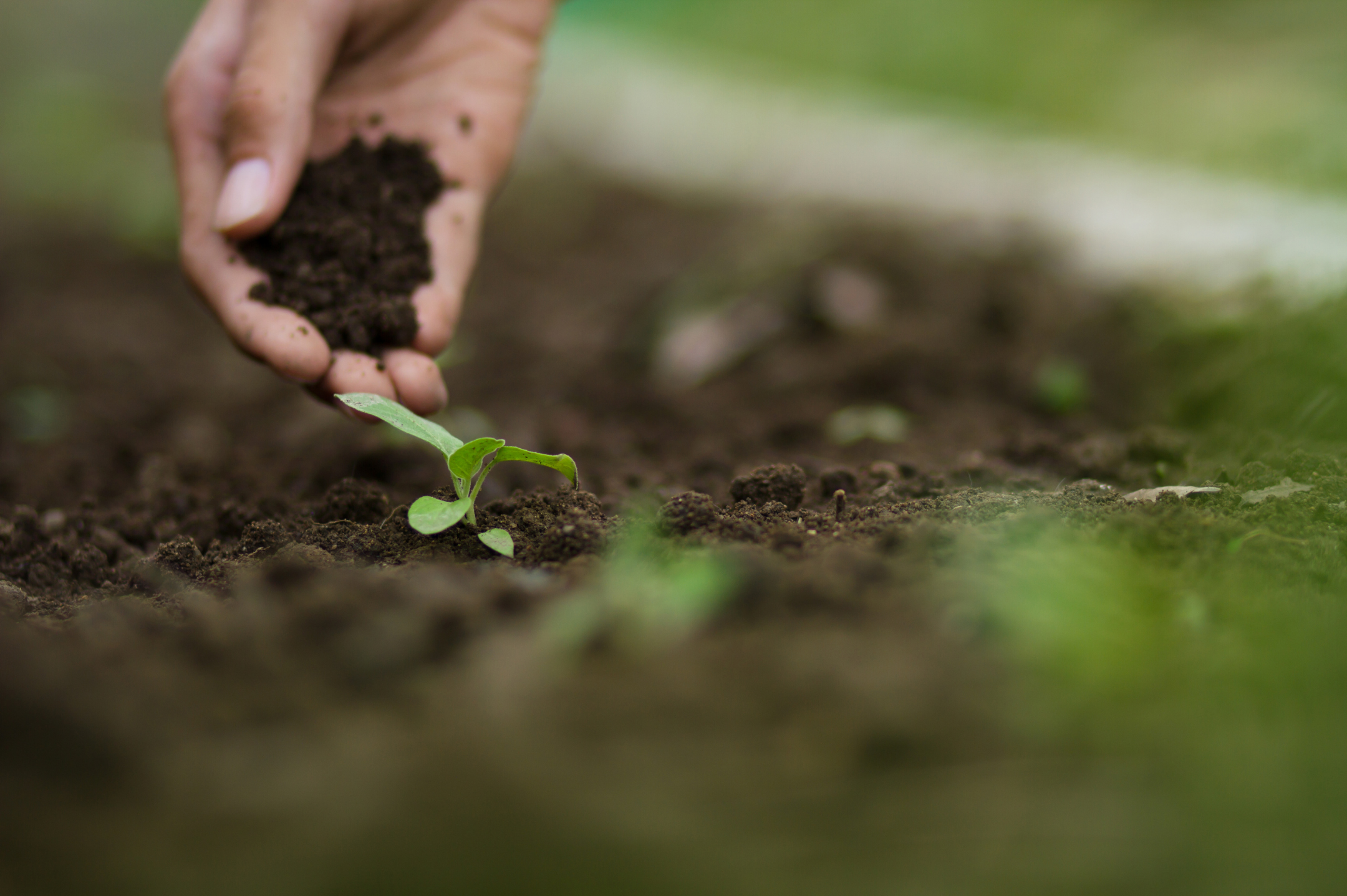
Sustainable gardening tips
We know that sustainability matters to our Ecotricity community. Here are our top tips to ensure you are giving back to the earth through your gardening:
- Compost! Use your food scraps to create organic, nutrient rich soil. Did you know you can add egg cartons to your compost? Just make sure you remove any plastic stickers first. Live in an apartment? There are some great under sink options such as Bokashi bins which ferment your waste and can even take meat and dairy products.
- Recycle plastic pots and plant labels. While seedlings are often sold in plastic, most garden centres have a recycling station specifically for these garden items to be used again.
- Collect water. A small tank which screws on to a down pipe and collects rainwater from your roof is ideal. Alternatively, a bucket in your shower can collect water for your garden.
- Save toilet rolls, egg cartons, or old containers to grow seeds in August. Make sure you pierce holes in any plastic containers for drainage.
- Use materials you already have around the house to suppress weeds. Old newspaper or cardboard can be used to mulch your garden or use fallen leaves as nutrients for your veggie beds.
Every effort we make is a small step towards a more sustainable future. We would love to know if you already grow your own veggies or if you’re planning to start!
